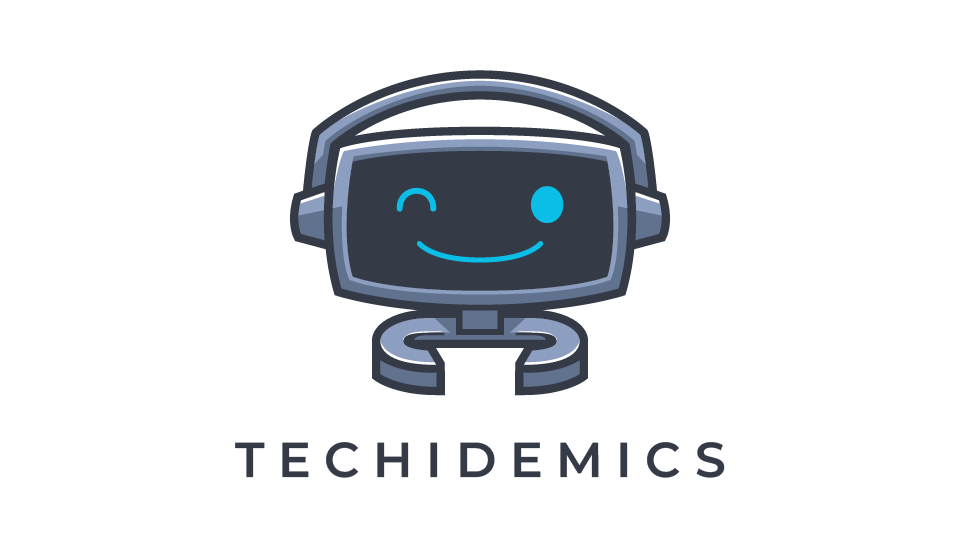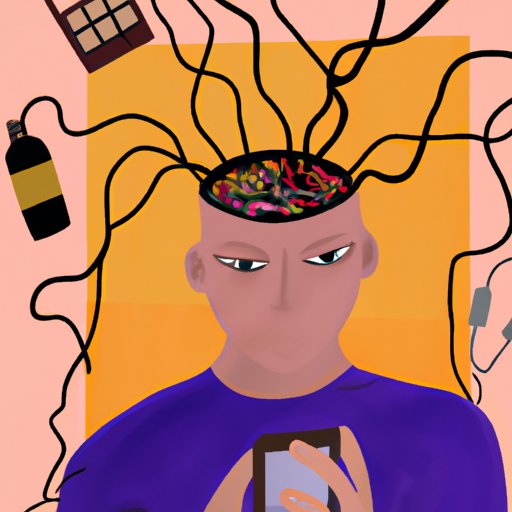Is technology a boon or a bane in the intricate tapestry of modern life? The pervasive influence of technology has fundamentally altered the human experience, touching every facet of existence from the mundane to the profound, but this transformation has also cast a shadow of anxiety and uncertainty, demanding careful consideration of its multifaceted impact.
The rapid pace of technological advancement, a relentless current that pulls us forward, has reshaped industries, redefined communication, and transformed the very fabric of our societies. While providing unprecedented opportunities for connectivity, innovation, and convenience, it simultaneously introduces new challenges, including the potential for emotional disruption, social isolation, and a heightened sense of psychological vulnerability. Digital technologies have revolutionized how we treat mental health, offering novel approaches to anxiety and depression, yet the same tools can also contribute to their prevalence. Navigating this complex landscape requires a nuanced understanding of the reciprocal relationship between technology and the human condition.
This intricate interplay is explored by platforms such as Techidemics.com, which dedicates itself to unraveling the complexities of technology and its societal ramifications. Understanding its impact is crucial as technology shapes every facet of our lives. From artificial intelligence to biotechnology, the rise of these fields is driven by advancements in computing power, sensor technology, and genetic engineering. These innovations propel us forward, but not without creating new anxieties. While the digital realm offers innovative solutions, like the use of AI-powered therapy bots to address mental health challenges, it also brings the potential for increased stress, fear, and the erosion of personal boundaries. The ability to recognize these competing influences is critical to managing technology's impact on our mental and emotional well-being.
The following table offers a concise overview of the current trends, innovations and future prospects of FinTech.
| Aspect | Details |
|---|---|
| Definition | Financial technology, or FinTech, encompasses the use of innovative technology to deliver financial services. |
| Impact on Finance | Transforming traditional financial services by increasing efficiency, reducing costs, and improving user experience. |
| Key Areas | Digital payments, mobile banking, peer-to-peer lending, robo-advisors, blockchain technology, and cryptocurrency. |
| App Development Focus | Creating user-friendly and secure applications for managing finances, investing, and accessing financial services. |
| Interdisciplinary Approach | Requires collaboration across various fields, including engineering, computer science, social sciences, and the humanities. |
| Examples | Mobile banking apps, online payment platforms (e.g., PayPal, Stripe), and investment platforms. |
| Challenges | Security concerns, regulatory compliance, and the need for user trust and data privacy. |
| Future Trends | Artificial intelligence (AI), blockchain, and decentralized finance (DeFi) are expected to play a more significant role. |
| Success Factors | Focus on user experience, security, scalability, regulatory compliance, and continuous innovation. |
| Educational Impact | Fintech transforming education, providing more flexible and modular curricula. |
It's a fast-paced world, and it's only getting faster. As digital transformation continues to reshape various industries, education is no exception. Techidemics aims to be at the forefront of this change by offering a comprehensive suite of resources, tools, and insights that help educators, students, and technology enthusiasts navigate this evolving landscape. Techidemics tech is an emerging concept that blends technology and academics to create a more effective and accessible educational environment. It encompasses various digital tools, including artificial intelligence (ai), cloud computing, and augmented reality (ar), to enhance learning outcomes.
The realm of mental health is no exception to this technological revolution. Telehealth and online interventions are becoming increasingly prevalent as they attempt to treat a range of conditions, including anxiety. Digital technologies are proving useful in treating anxiety, including the incorporation of IoT (Internet of Things) devices. These devices can assist with anxiety management by supplementing traditional interventions, allowing for quicker treatment delivery and effective monitoring.
However, it is essential to recognize that this digital landscape can give rise to its own set of challenges. Psychological problems, such as computer anxiety, digitalization fear, and technostress, are potential byproducts of our ever-increasing reliance on technology. The fear of replacement, the stress of constantly being connected, and the anxiety that can arise from the rapid pace of change all contribute to the complex relationship between technology and our mental well-being. The emergence of these issues highlights the need for a thoughtful approach to technology, one that emphasizes both its potential benefits and its potential risks.
The rise of AI in mental health offers both hope and challenges. Consider the first clinical trial of a therapy bot that uses generative AI, which suggested it was as effective as human therapy for participants with depression, anxiety, or those at risk for developing eating disorders. Yet, there are those who worry that hiding behind technology is a way to avoid the difficult internal work necessary for true peace. Even technology expert Chris Dancy suggests how technology can be used to promote well-being. However, the pursuit of instant inner peace via an app remains elusive. These reflections highlight the importance of a balanced approach to technology, one that encourages us to use these tools without becoming reliant on them to the detriment of our mental health.
In the rapidly evolving world of finance, fintech is transforming how we manage our money. This digital transformation encompasses financial technology, or fintech, is changing the way we manage our money. The development of successful fintech apps demands a keen understanding of user experience, security, and regulatory compliance. Successful apps leverage interdisciplinary approaches, involving engineering, computer science, social sciences, and humanities. Fintech also focuses on data science, artificial intelligence, and biotechnology, driven by advancements in computing power and sensor technology. As the sector grows, the need for robust and versatile apps increases.
Moreover, the educational landscape is undergoing a transformation. Www.techidemics.com frequently discusses how technology is allowing for more flexible, modular, and interdisciplinary curricula. My mission is to create a catalogue of high quality, quick and simple tutorials on technology involving windows, gaming, apple and more!
Digital transformation is reshaping various industries, and education is no exception. Techidemics aims to be at the forefront of this change by offering a comprehensive suite of resources, tools, and insights that help educators, students, and technology enthusiasts navigate this evolving landscape. Techidemics tech is an emerging concept that blends technology and academics to create a more effective and accessible educational environment. It encompasses various digital tools, including artificial intelligence (ai), cloud computing, and augmented reality (ar), to enhance learning outcomes.
- Ofilmywap Everything You Need To Know Alternatives 2024
- Exploring Somali Wasmo Telegram A 2025 Guide Community Insights


